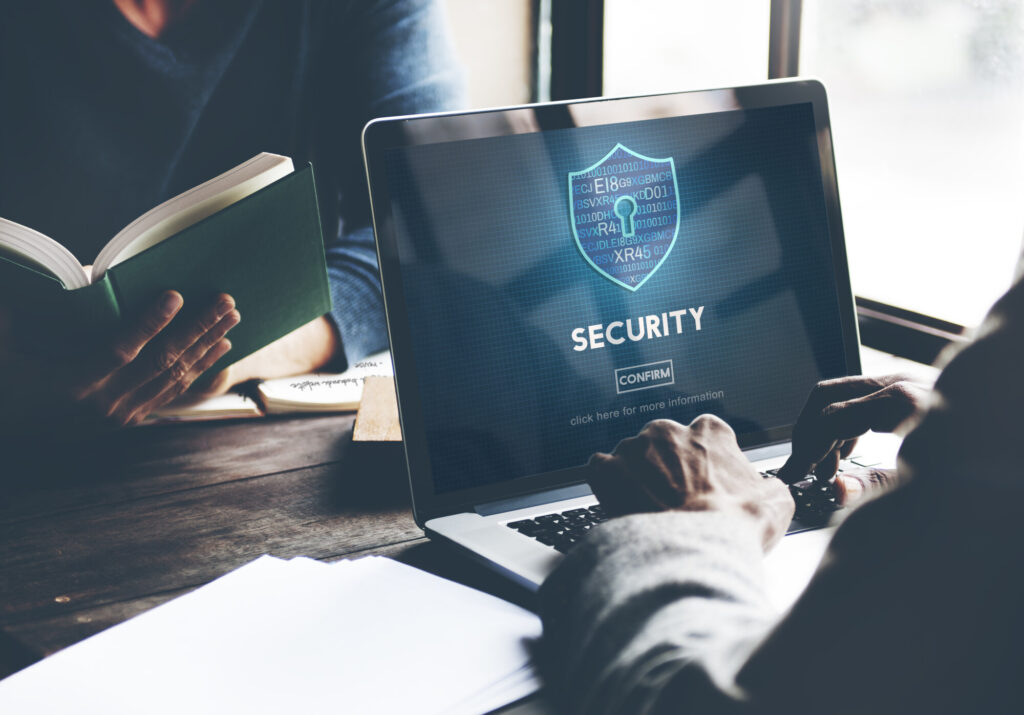7 Website Security Tips You Can’t Afford to Ignore
Without taking the proper precautions, your website could be vulnerable to hackers. Read our top website security tips today to protect your site.
Are you looking to enhance your website’s security?
The internet is a treasure trove of information; with a click of a mouse, what we can do is endless. Unfortunately, the same holds on how easy it is to exploit the internet and websites. Many e-commerce websites hold sensitive information such as personal names and credit cards.
This is where website security comes in. When we browse or shop online, we leave a trail of ourselves on the internet. Cybercriminals use these details to con or scam people and businesses for profit.
Owning a secure website is as important as browsing or using one that’s secure, too. It protects both future users and businesses from hackers and potential lawsuits. Don’t let your or your customers’ personal information and privacy get compromised.
Keep reading to learn more about website security.
Importance of Website Security
In the last year, cybercriminals have breached and exposed over 774 million records. Prominent corporations, major government offices, or even small-time businesses, are all at risk. Hackers are relentless and will prey on the vulnerable.
They often use a complex A.I. that scans websites for weak spots and unsecured holes. What’s worse is that these criminals don’t even have to be proficient in hacking or coding. Many ready-to-use ransomware and hacking programs are available on the dark web.
The last thing you want is a data breach, having your records held hostage or even wiped. Improve web security, and outsmart malicious software and the people behind them. Here are seven website security tips to consider.
1. Renew Passwords On a Regular Basis
As troublesome as it may sound, having an updated password is still important. With today’s technology, hackers can decipher an 8-character password within 5.5 hours. Some may argue that frequent password changes don’t do much.
However, remember that passwords are your first line of defense from cyber threats. Many corporate businesses still ask their personnel to update their passwords often. Experts suggest that this is best done every 30 to 120 days.
Aside from this, also make sure that you don’t reuse the same passwords or login info. It’s possible that a data breach can happen on a site that already has your information. Using the same password leaves you vulnerable and exposed.
Do you find it difficult to keep track of your passwords? Don’t worry; there are applications and software online that help manage passwords. Consider looking into a secure password manager to keep track of all your login details.
2. SSL, TLS, and HTTPS Are Your Friends
What exactly do these letters mean? Before anything else, it’s important to know what they do. SSL (Secure Sockets Layer) is the previous version of TLS (Transport Layer Security).
They are protocols that safeguard data transferred between two systems. By encryption, authentication, and data integrity, both protocols provide data cryptography. HTTPS (Hypertext Transfer Protocol Secure) denotes that a site is secure and uses SSL and TLS.
It provides secure communication and exchange between computer networks. These tools help site security and provide a sense of security to your platform’s users. More so, website users and visitors are more likely to trust platforms with HTTPS.
3. Keep Your Platform up to Date
The backend development and plugins of websites are often updated and renewed. Many open-source codes and innovations get released faster than most security platforms. Countless people access these technologies.
Sometimes, it falls into the hands of the wrong people. Ensuring that your platform is up to date prevents hackers from exploiting old flaws. Make sure you update your CMS and plugins at least every month.
4. Get Rid Of What You Don’t Use
Whether it’s old users or features you don’t use, getting rid of them protects your platform. Having unused profiles or inactive features only gives hackers more chances to access your site. It also bloats your platform, making it more difficult to manage.
A streamlined website is a secure one. Additionally, it allows you to accommodate the right content. Not only will it increase traffic flow on your site, but you’ll also gain more active users.
5. Routine and Automatic Back-Ups Are a Must
If worse comes to worst, having a backup might be your only salvation. While automatic backup services can be pricey, they are an important investment. Not having one can be costly.
CWT Global paid $4.5 million in Bitcoin to a ransomware gang known as Ragnar Locker – don’t let this happen to you. Hackers find and use website security fails. When they exploit this, it causes the downfall of small businesses.
6. Filter File Uploads and Suspicious Links
One of the more well-known web security tips is monitoring suspicious files and links. These links often have malicious software like ransomware and viruses attached to them. Cybercriminals also use these files and links to infiltrate a platform and phish for information.
Some opt for a manual protocol to oversee this issue. However, plugins and security software are more convenient. While many of these services vary in price, it’s important not to skimp out on them.
Programs that filter these files and links make managing your website simpler.
7. Install Security Tools and Plugins
You’d never leave your car or home unlocked for any potential criminals to find their way into it. Having security tools and plugins is akin to foolproofing your property. It keeps cybercriminals at bay and provides layers of security for your website.
A complex puzzle can take forever to crack. The same goes for websites with many security systems. Apart from installing a Firewall, having security plugins will keep hackers at bay.
Cybersecurity is no joke. Make sure to protect yourself and your clients with top-tier security tools and plugins.
How to Improve Your Website’s Security
Every year cybercriminals are innovating and finding new ways of accessing private data. On top of this, governments and big corporations are also after our data for various purposes. Don’t leave yourself exposed to the unknown- enforce some of these security tips.
JWHost is full of information and in-depth blogs that can help you. We can help you with security solutions and more. Contact us today and upgrade your website security today.



